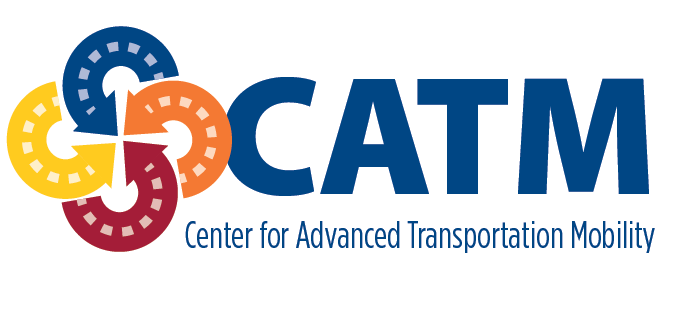Document Type
Report
Publication Date
8-2023
Keywords
First Mile Trip, Mobility as a service, Medicaid transformation, Dwell time uncertainty, Paratransit, Reinforcement Learning
Abstract
This research focuses on improving the transit service of vulnerable road users while addressing recent trends in Medicaid transformation. One of the most notorious issues is the difficulty of knowing how much added time cushion should be considered for picking-up each user and transit time. This temporal time uncertainty will be uniquely formulated by taking advantage of the data collected before and after the Medicaid transformation, which will make this research a pioneer in demand response transportation systems. From the user’s perspective, an adaptive trip planner considers the real-time impact of environment changes on pedestrian route choice preferences and tolerance level in response to transit service uncertainty. Sidewalk inventory is integrated in directed hypergraph on the General Transit Feed Specification to specify traveler utilities as weights on the hyperedge. A realistic assessment of the effect of the user-defined preferences on a traveler's path choice is presented for a section of the Boston transit network, with schedule data from the Massachusetts Bay Transportation Authority. Different maximum utility values are presented as a function of varying travelers’ risk tolerance levels. In response to unprecedented climate change, poverty, and inflation, this new trip planner can be adopted by state agencies to boost their existing public transit demand without extra efforts.
Recommended Citation
Park, Hyoshin Ph.D., "Vulnerable Road Users Transit Optimization with Healthcare Privatization (VRUTOP)" (2023). Center for Advanced Transportation Mobility. 23.
https://digital.library.ncat.edu/catm/23


